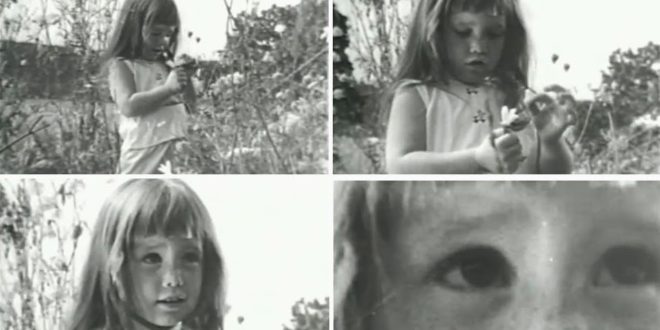Podcast: Play in new window | Download (Duration: 58:00 — 53.1MB)
The idea of what it means to be human is changing. With countless catastrophic events looming, from climate instability to biotechnology and wars of autonomous machines, we center our fears and our hopes for a better future on the child to come, the survival of the next generation. But should we? Life is also outside and beyond the human and there are other and perhaps better (nonmoral) ways to organize life.

Rebekah Sheldon joins us to discuss her book, The Child to Come: Life After the Human Catastrophe.
Sheldon explores representations of this perilous future and the new figurations of the child that have arisen in response to it. Analyzing catastrophe discourse from the 1960s to the present—books by Joanna Russ, Margaret Atwood, and Cormac McCarthy; films and television series including Southland Tales, Battlestar Galactica, and Children of Men; and popular environmentalism—Sheldon finds the child standing in the place of the human species, coordinating its safe passage into the future through the promise of one more generation. Yet, she contends, the child figure emerges bound to the very forces of nonhuman vitality he was forged to contain.
TOPICS
Figurations of the child, the reproductive woman, the future, and the planet under global warming.
Against survivalism (and literary environmentalism) and “reproductive futurism” and how the “child” is made central to those political articulations in the Anthropocene.
What we mean when we talk about the human and how this is changing in the face of the unleashed energies of climate change; the death of “humanism.”
Somatic Capitalism as “the way of all flesh.”
GUEST
 Rebekah Sheldon is an assistant professor in the English Department at Indiana University in Bloomington. Her critical work focuses on American literature and culture, with particular emphasis on speculative and science fiction and also queer theory, childhood studies, speculative philosophy, and feminist new materialism. Her first book is The Child to Come: Life After the Human Catastrophe published by the University of Minnesota Press in 2016, which considers the child figure under conditions of environmental threat.
Rebekah Sheldon is an assistant professor in the English Department at Indiana University in Bloomington. Her critical work focuses on American literature and culture, with particular emphasis on speculative and science fiction and also queer theory, childhood studies, speculative philosophy, and feminist new materialism. Her first book is The Child to Come: Life After the Human Catastrophe published by the University of Minnesota Press in 2016, which considers the child figure under conditions of environmental threat.
RELATED
Somatic Capitalism: Reproduction, Futurity, and Feminist Science Fiction by Rebekah Sheldon
Double Agency: Knowledge | Performativity by Rebekah Sheldon
Poor Bees, Poor Birds, Poor Men: Rachel Carson’s Silent Spring (Interchange)
A Cyborg Manifesto by Donna Haraway (pdf)
The Evening and the Morning of the Night by Octavia Butler
The Carrier Bag Theory of Fiction by Ursula K. Le Guin
MUSIC
The Postal Service, “We Will Become Silhouettes”
The Decembrists, “The Calamity Song”
Tom Waits, “The Earth Died Screaming”
Daft Punk, “Technologic”
The Beatles, “Tomorrow Never Knows”
CREDITS
Producer & Host: Doug Storm
Assistant Producer: Rob Schoon
Studio Engineer: Bryce Martin
Executive Producer: Wes Martin
 WFHB Bloomington Community Radio
WFHB Bloomington Community Radio


